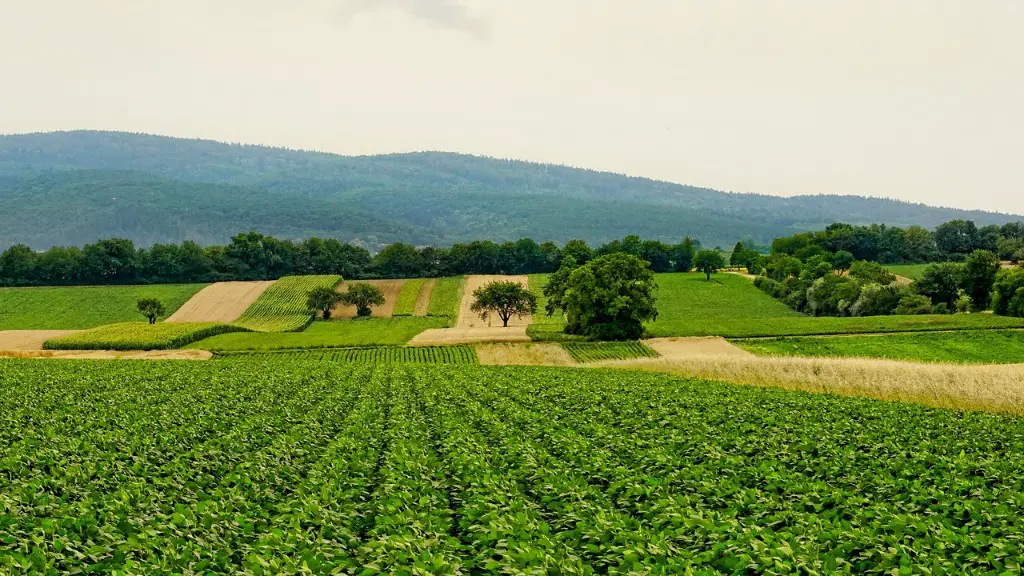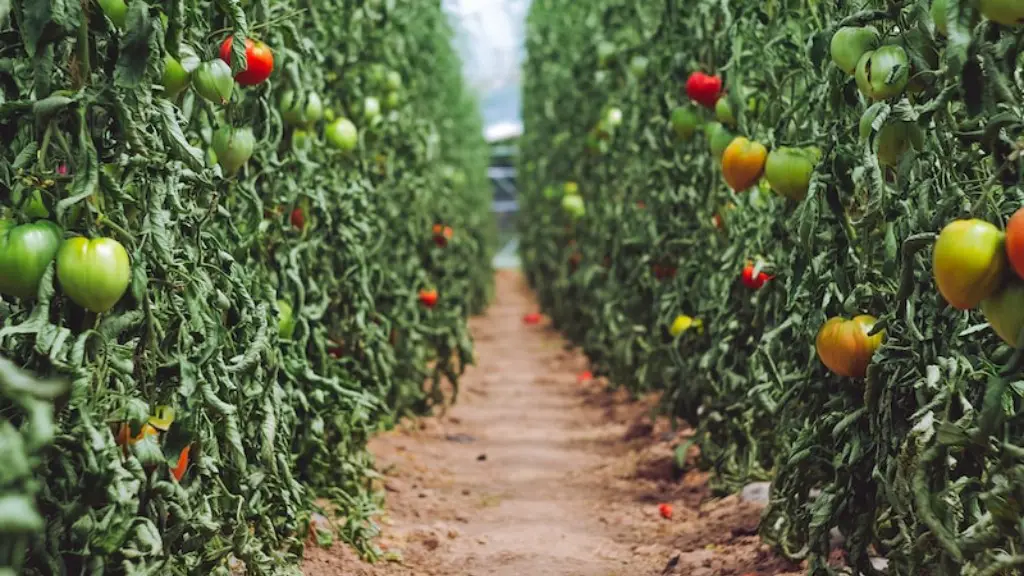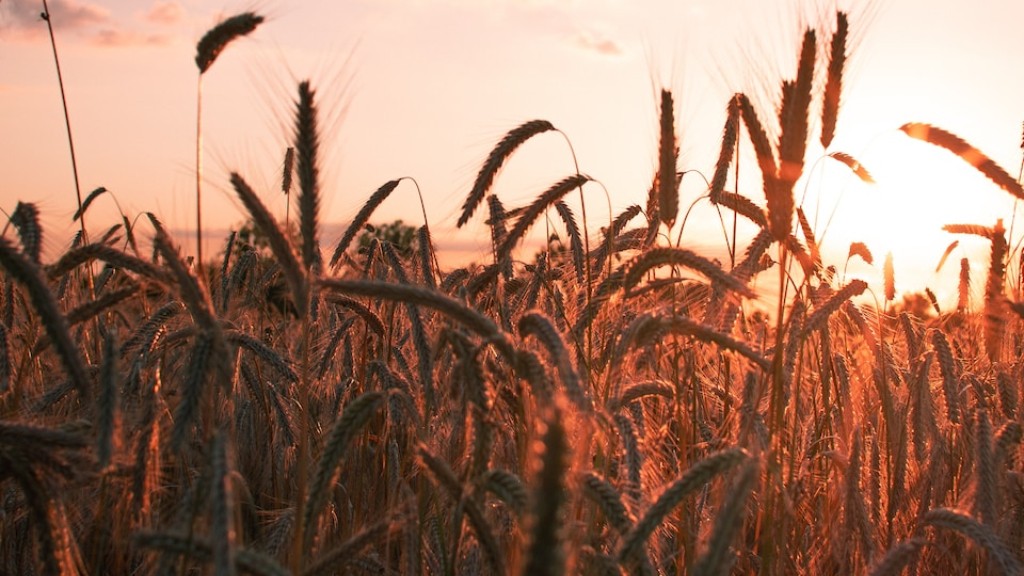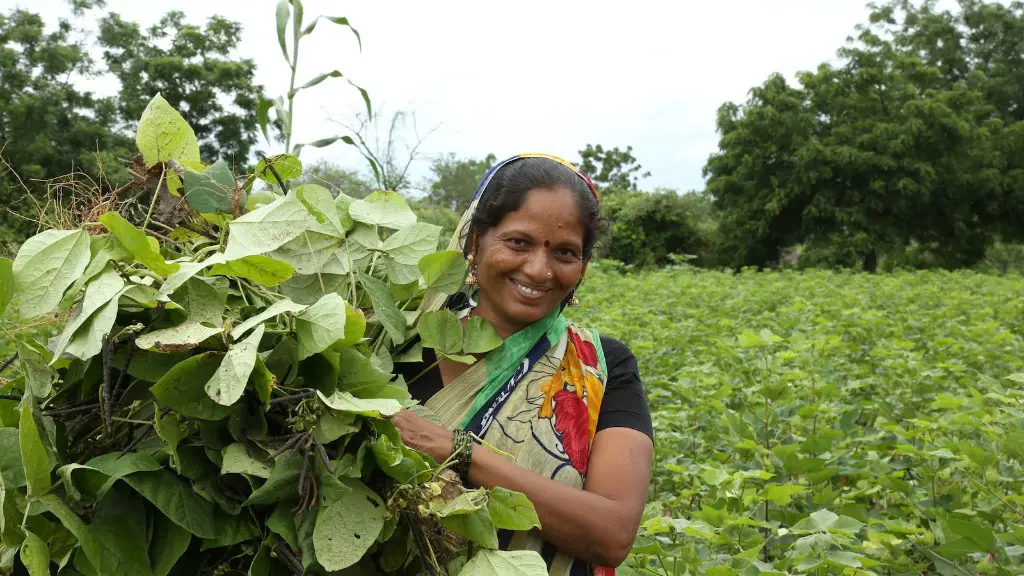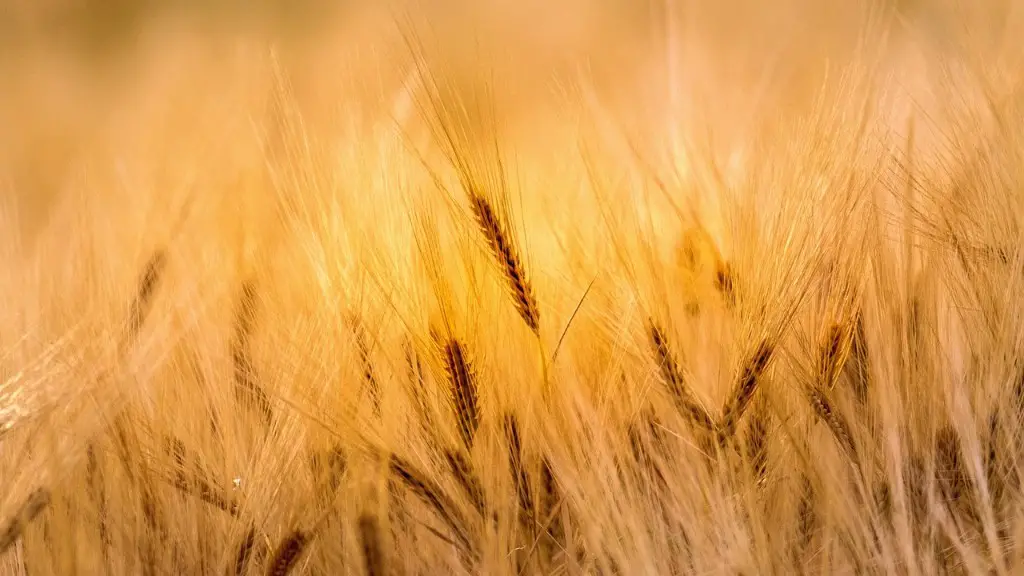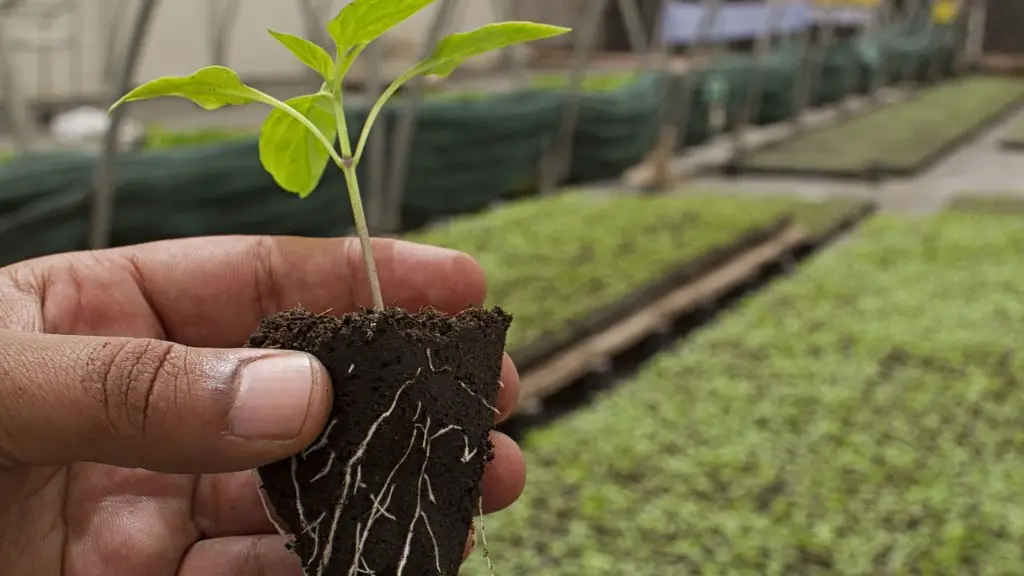Agriculture is one of the oldest industries in human history, and its effects on our lives are undeniable. It affects every aspect of our lives, from what we eat and how we live, to the products we consume and the way we conduct business. Here are some of the ways in which agriculture has changed our lives and will continue to do so.
First, agriculture has had a major impact on the environment. Farming practices have significantly changed the natural ecosystem, causing problems such as soil erosion, water pollution and soil salinization. Additionally, deforestation and the use of chemical fertilizers and pesticides can have severe consequences for the environment. Agriculture has also been linked to climate change, with many scientists pointing to farming as a major contributor.
Second, agriculture has played a major role in world food production. It produces the majority of the world’s food and is responsible for providing the majority of the calories that people consume. It is estimated that more than two-thirds of the world population depend on the foods produced by agri-business for their daily sustenance. By bringing food to the masses, agriculture has helped to reduce hunger and famine in many parts of the world.
Third, agriculture has had a major impact on the economy. It accounts for a large portion of national incomes and budgets, as well as providing employment for millions of people around the world. Agricultural commodities such as wheat, corn, soybeans and cotton are traded on the global market and affect the cost of living around the world. Additionally, many countries earn income from the sales of their agricultural products on the global market. In short, agriculture is an integral part of the world economy.
Fourth, agriculture has changed the way we view food. In the past, people cultivated a variety of plants and animals and raised them for food. Now, with the rise of industrial agriculture, food production has become highly specialized, with a focus on one or a few key crops. This has had a profound effect on global diets, as many staples are now coming from industrialized countries.
Finally, agriculture has had a major impact on the availability of resources. It is estimated that the amount of water used by agriculture has doubled since the 1950s, with more and more land being converted for agricultural use. Additionally, the use of pesticides, herbicides and other chemicals have created a host of environmental problems such as water contamination and the destruction of biodiversity.
Agriculture and the Environment
Agriculture is undoubtedly one of the most significant human impacts on the environment. Over the years, farming practices have caused soil erosion, water pollution, and soil salinization. Additionally, deforestation and the use of chemical fertilizers and pesticides can cause serious consequences for the environment. Moreover, agricultural activities have been linked to climate change, with scientists pointing to farming as a major contributor.
In order to lessen the environmental impact of agriculture, farmers must adopt practices that are sustainable and ecologically sound. By adopting less intensive farming practices, conserving resources, and using more efficient irrigation systems, farmers can help to reduce the environmental damage caused by their activities. Additionally, making use of green technologies such as renewable energy sources and carbon offsets can help to reduce the environmental toll of agriculture.
Finally, there are numerous governmental and international initiatives that are designed to promote sustainable agriculture. By incentivizing farmers to adopt greener practices and providing access to resources and technologies, these initiatives can help to slow down the environmental damage caused by agricultural practices.
Agriculture and World Food Production
Agriculture has long been a major driver of the world food system. It produces the majority of the world’s food and is responsible for providing the majority of the calories that people consume. Additionally, agricultural commodities such as wheat, corn, soybeans, and cotton are traded on the global market and affect the cost of living around the world.
The impact of agriculture on world food production is expected to increase in the coming years. The global population is projected to reach 9 billion by 2050 and the continued growth of the middle class in developing countries is expected to increase demand for agricultural commodities. This is creating an urgent need for the agricultural sector to become more efficient and productive.
In order for the agricultural sector to meet these challenges, it must make use of available technologies such as precision farming and genetic modification. Additionally, farmers must adopt more efficient farming practices and invest in new, more sustainable technologies. By doing so, they can ensure that they will be able to produce enough food to meet the projected global demand in the years to come.
Agriculture and Economic Development
Agriculture is a key driver of economic development and has a direct impact on poverty reduction. It is estimated that more than two-thirds of the world population depend on the foods produced by agri-business for their daily sustenance. Additionally, agricultural activities provide employment for millions of people and account for a large portion of national incomes and budgets.
To maximize the economic benefits of agriculture, governments must create policies and incentives that promote the sector. This includes providing access to resources and technology, incentivizing farmers to adopt sustainable practices, and investing in infrastructure. Additionally, governments should take steps to reduce the amount of land under agricultural production and create more efficient food supply chains.
Finally, the global agricultural sector must embrace digital technologies in order to remain competitive. Emerging technologies such as precision farming, drones, and satellite imaging can be used to improve efficiency and productivity. Additionally, digital platforms can be used to connect consumers and producers, reduce transaction costs, and foster greater collaboration and cooperation.
Agriculture and Cultural Development
Agriculture has had a major impact on human culture and development over the centuries. It has provided the basis for human settlement, enabled the growth of cities and towns, and spawned countless advances in science, technology, and the arts. Additionally, the historic relationship between humans and the land has helped to shape many of the world’s religions and beliefs.
Today, agriculture still plays a major role in shaping culture and identity. Many communities still maintain close ties to the land and its produce, which helps to define their culture and way of life. Additionally, agricultural activities such as crop rotation, traditional farming practices, and communal property ownership continue to shape the identity of many rural communities.
Finally, the globalization of the food industry is having an influence on food cultures around the world. With the rise of industrial agriculture, many traditional food products and dishes are becoming increasingly rare. This is leading to the homogenization of food cultures, as well as the loss of culinary traditions and diversity.
Agriculture and Health
Agriculture has had a major impact on the health and wellbeing of humans over the centuries. It has provided the basis for a healthy diet, with a variety of fruits, vegetables, proteins, and other nutrients available for consumption. Additionally, it has provided natural remedies for many common illnesses and diseases, as well as enabling the development of medical treatments.
Today, the health benefits of agricultural products are well established. Studies have shown that diets rich in fruits, vegetables, and other whole foods provide essential vitamins, minerals, and antioxidants that can help to reduce the risk of certain diseases. Additionally, organic and sustainably-produced foods have been linked to higher levels of nutrient intake, lower pesticide exposure, and better overall health.
Finally, agricultural practices are also having an impact on public health. The application of chemical pesticides and fertilizers can contaminate soil and water, leading to poor air and water quality. Additionally, industrial farming practices can generate greenhouse gases, leading to climate change and its associated health effects.
